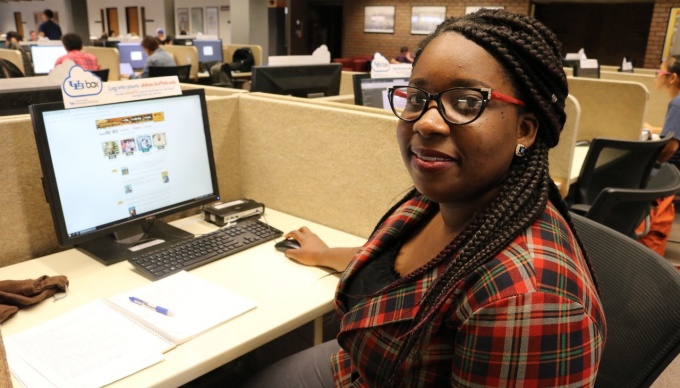Research Areas

Research in the Department of Africana and American Studies seeks to reclaim the voices, histories and cultures of marginalized peoples in the U.S. and around the globe.
African and African-American Studies is committed to the comparative and interdisciplinary study of the Black World, counting itself as perhaps the first interdisciplinary program at UB. Currently, faculty members have expertise on the United States and Canada, the Caribbean and Latin America, and the African continent, while specializing in history, sociology, political science, art history and visual culture, gender studies, literature and culture studies, jazz and hip hop studies, and political economy.
Research strengths in American Studies include American Indian/Indigenous studies, especially Haudenosaunee (Iroquois) history, art and culture; the Black Atlantic and the African diaspora in the Americas; Asia and the Asian diaspora in the Americas; Chicana/o, Latina/o, Caribbean, and Latin American studies; ecological history and restoration; Canadian studies, including First Nations cultures; oral history, documentary studies, and new technologies for accessing and documenting history; feminist and queer studies; critical race theory; working-class history, immigrant cultures, urban studies; public policy; and popular culture.
It is vital for citizens on both sides of the border to understand one another. Canada is the closest and most important ally and partner of the United States. Over a billion dollars (US) in goods and services crosses the Canadian-American border every day, making our bilateral economic relationship the largest in the world. More than 300 million cross-border trips are made every year. The border separating Canada and the US has been peaceful for over 200 years. Not only do we share a common heritage but, as stewards of the northern portion of our continent, we share a common destiny.
The Greater Caribbean is a region anchored around the West Indies and the Bahamas. It includes the coastal societies that surround the Caribbean Sea and the Gulf of Mexico and, in cultural and intellectual terms, reaches into a larger zone that stretches from the Carolinas to the Guyanas and includes areas of the Pacific coast of Central and South America. This region lies at the very heart of the Western Hemisphere and it is the historical and geographic core of the broader Atlantic World. For half a millennium the Caribbean has been a crossroads where cultures and peoples from around the globe have met and it is undeniably one of the major platforms of the modern experience. In this sense, the Caribbean is also the cradle of the quintessential American Experience.
The term Latino is inclusive of the diverse Hispanic communities in the United States, such as Chicano, Puerto Rican, Dominican and others. Research in Latina/Latino Studies focuses on various aspects of the U.S. Latina/Latino, as well as the Latin American, experience, including history, sociology, philosophy, anthropology, literature and language.